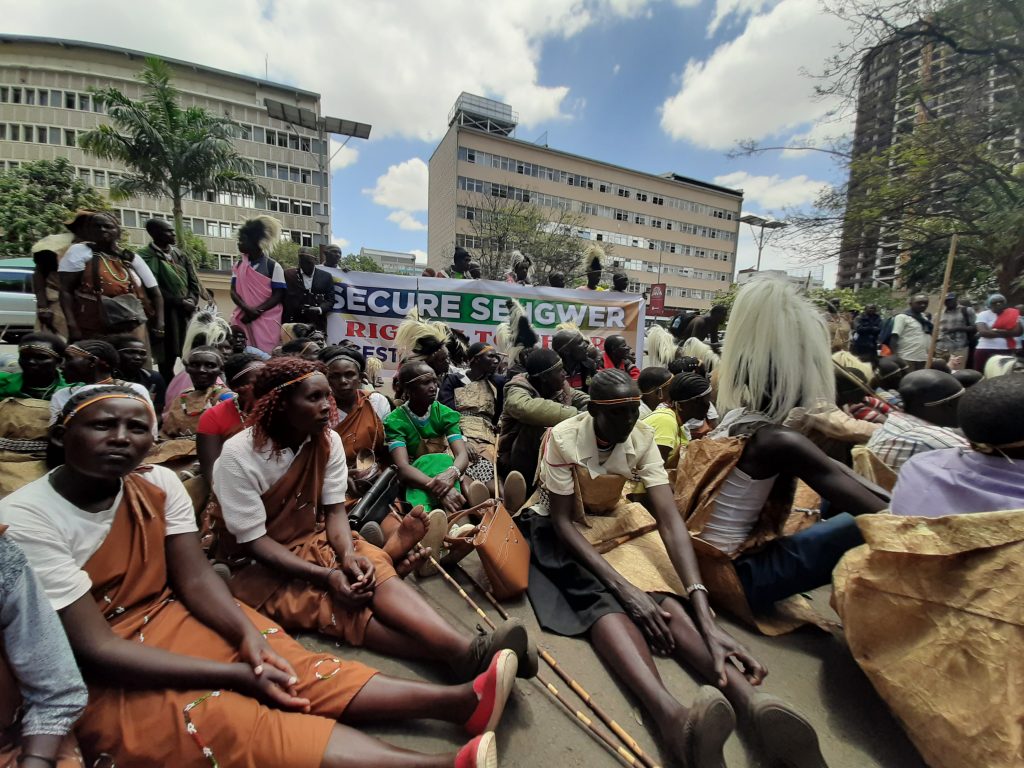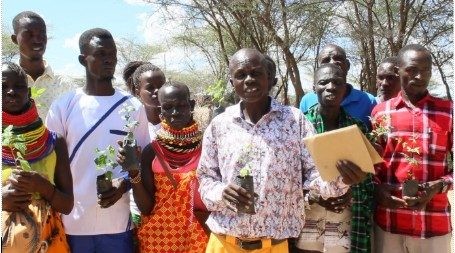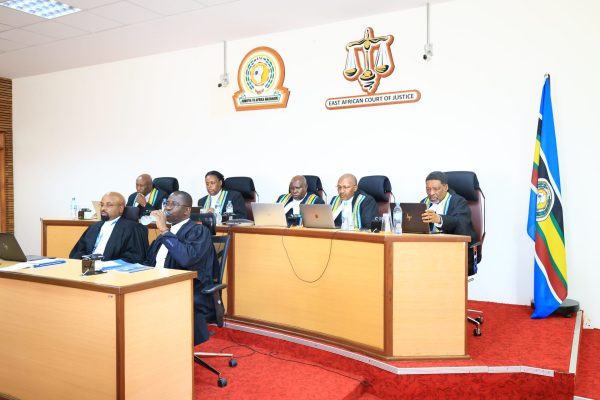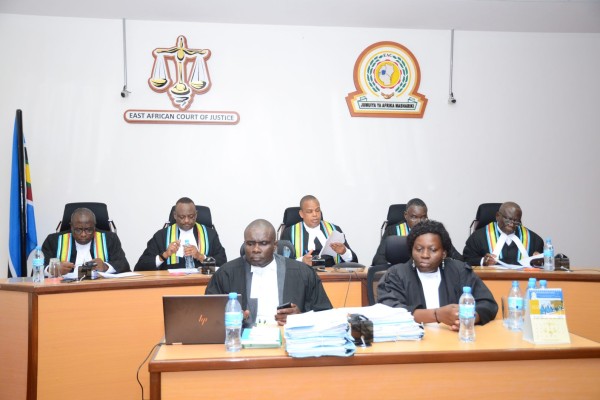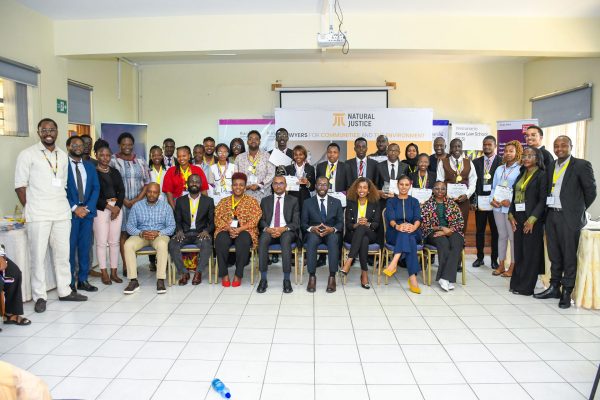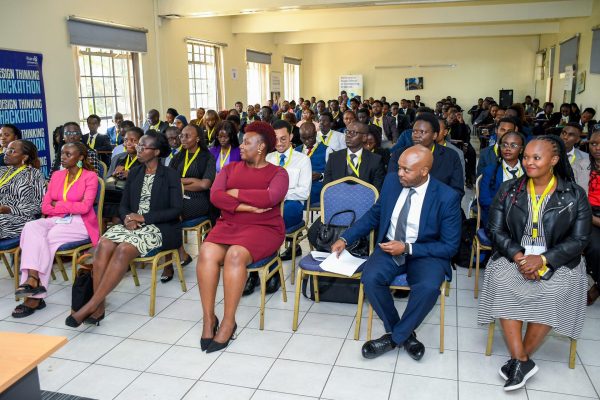This week, the Ogiek of Mau forest in Kenya marked the third year since the African Court on Human and Peoples Rights delivered a landmark ruling on their ancestral land issues. Many of the indigenous communities, particularly hunter-gatherer communities like the Sengwer, Awerr, Ogiek of Mt Elgon and the Yaaku received the news with lots of hope – hope that the victory by their brothers and sisters would finally be an eye-opener to the government and other agencies towards the recognition of their ancestral land rights.
Unfortunately, three years down the line, very little has been done towards the implementation of the judgment. This year’s celebrations, just like the last two, is a sweet and sour moment as it’s still unclear when indigenous communities will finally realize the fruits of their struggle and enjoy their full rights as was delivered in the Ogiek case.
For these communities, forests are life, and life is in the forest. Livelihoods and cultures are all dependent on these crucial ecosystems and, the world over, people know how to take care of something valuable. For these communities, the forests remain valuable and, thus, they protect and care for them instinctively.
As a show of good faith, or as an attempt at putting in place structures that could lead to the full implementation of the ruling, the Kenyan government set up a Task Force whose term has since come to an end without much fanfare. “
The Ministry of Environment posted on their social media platforms that the report had already been received from the Task Force – implying that the Task Force would address all forest indigenous communities’ issues across the country. The report has not been launched or shared in public since this communication was given more than two months ago.
There is, therefore, a genuine concern from the indigenous forest communities about their plight. They can’t help but wonder how long it will take for their rights to be finally recognized or what it will take for the government to grant them their communal tenure rights. It’s important to note that these communities participated in the government Task Force consultations and they are right to question why the report hasn’t been launched or made public.
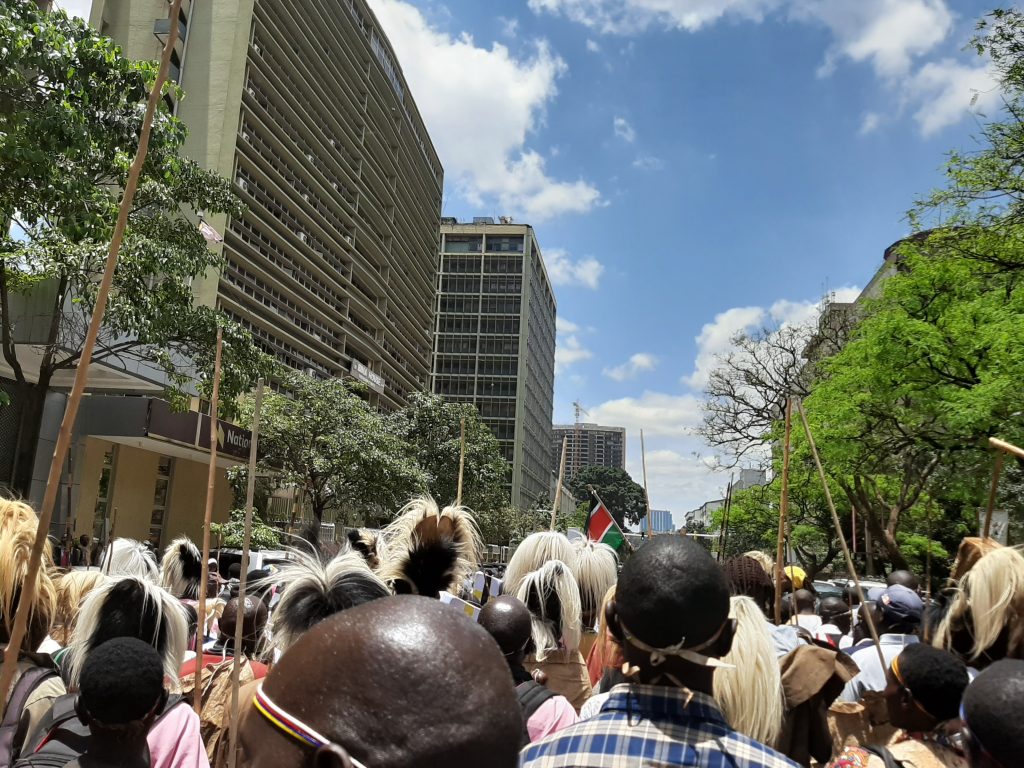
Indeed, this report is very important to communities living in the forests because it includes the negotiations about the EU Water Tower protection program, which was suspended in January 2018 following human rights violations against the Sengwer – a forest indigenous community from Embobut Forest.
The Sengwer had previously issued warnings on possibilities of violations following other evictions carried out in the name of conservation. The suspension of the program meant that a human-rights based approach be adhered to by the program in order for the suspension to be lifted. It’s understood that the next steps on this program were pegged on the Task Force report, together with the response to be given to the African Court on the progress of the implementation of the judgment.
Across the world, and even next door in Tanzania, countries are adapting to the new conservation paradigm which is proved by science. The science proves that forests that are managed and controlled by indigenous communities are better conserved than those managed by governments. This is through the recognition of the tenure rights of these communities and through empowering them to be able to protect their forests and ancestral territories.
Given that it’s in the Ogiek and Sengwer communities’ interests to protect their ancestral lands, their eviction from these areas only exposes the forests to more destruction. Their evictions, which were characterized by the burning of their belongings, have resulted in the destruction of biodiversity in the forest. It is time to be human-centred and take the rights-based approach. Protect indigenous peoples’ rights to their ancestral lands and conserve forests.
#IStandWithTheOgiek

